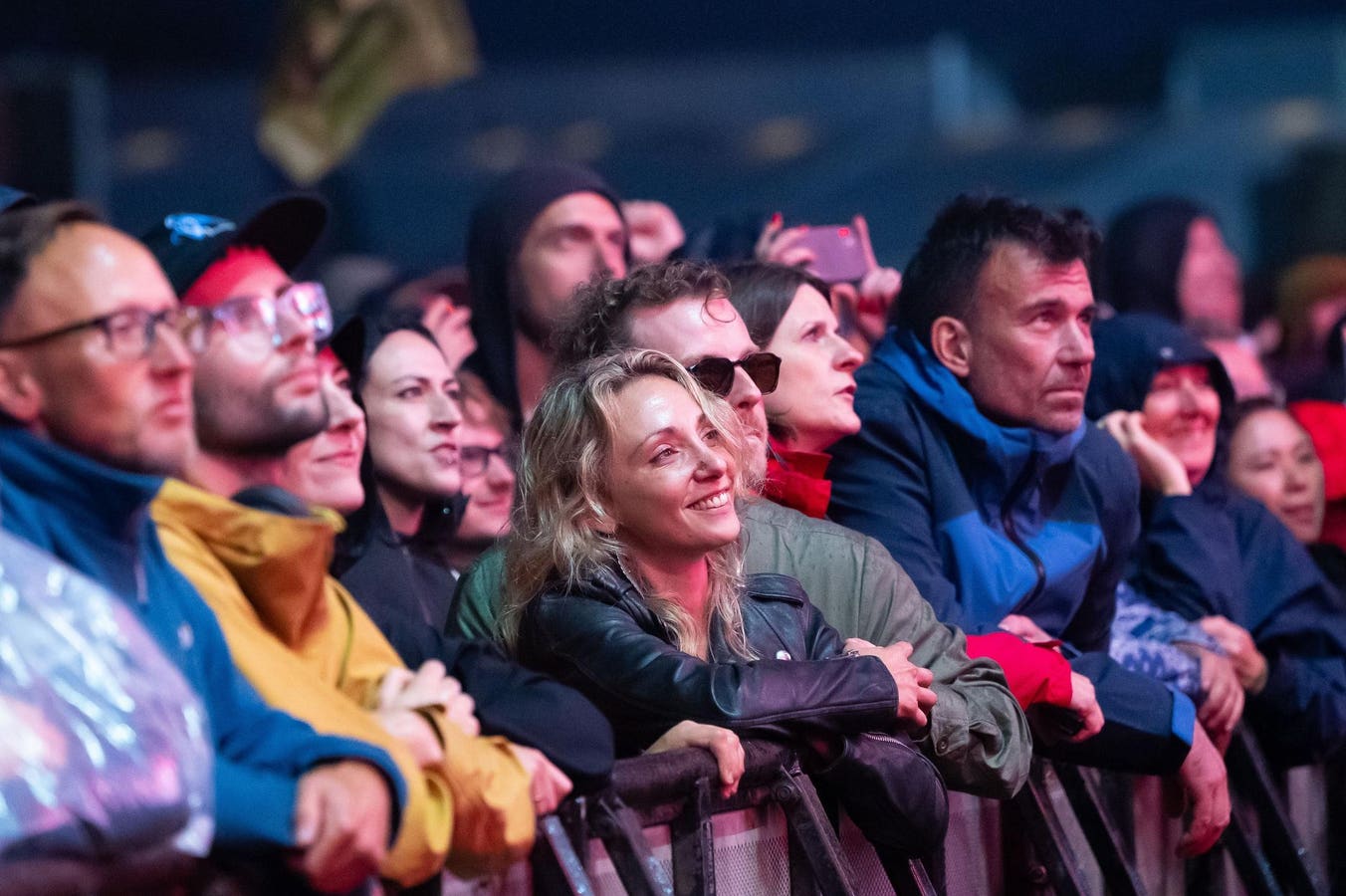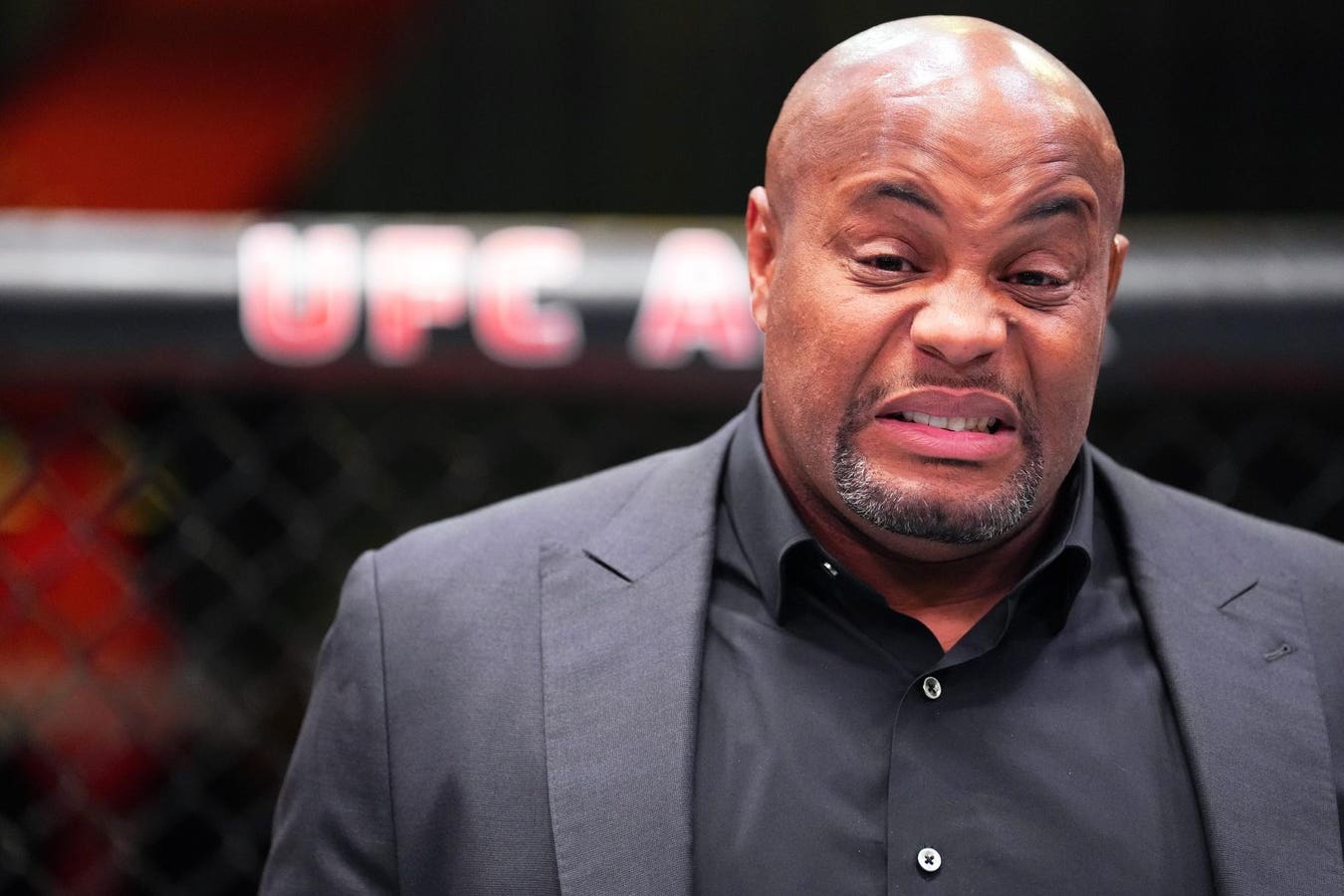BRISTOL, ENGLAND – AUGUST 25: Fans look on as Massive Attack perform at Clifton Downs on August 25, … More
Summertime might be synonymous with people having a good time at music festivals and outdoor sports events, but many of them still rely on diesel generators to keep the party going, which are not great for the environment.
But as many festivals strive to become more sustainable, many organizers are now ditching the diesel and opting for cleaner forms of energy.
These include the recent Lido Festival in Victoria Park, London, which used a 1MW battery provided by Grid Faeries and Ecotricity to power its mainstage and headline act, the legendary trip-hip outfit Massive Attack.
Grid Faeries co-founder Claire O’Neill said she has seen an exponential increase in the number of festivals and music events using batteries and cleaner forms of energy, in an interview.
O’Neill said they took the 1MW battery out to several events last summer, where it was used to power the Charlie Gillett stage at WOMAD, the Arcadia Dragonfly stage at Glastonbury and Massive Attack’s gig on Clifton Downs, Bristol.
“The Massive Attack was the real game changer, because we had a lot of media attention and it was also the first time that we had a battery of that size powering a main stage,” she told me.
“The headline sponsor, the headline artist, and the promoter were all on board, and we had no diesel backup at all. And it kind of proved the concept was possible. We still had 50% left in the battery by the end of the show.”
She said events like the London Lido Festival are helping bring energy consumption to the forefront of people’s minds in the entertainment sector.
“The cat’s out of the bag now,” she added. “It’s definitely the way forward for event power.”
Laurence Kemball-Cook, the founder and chief executive of Pavegen, which provides smart flooring technology around the world, said event organisers often favour diesel generators, in an interview, because they provide guaranteed power.
Kemball-Cook added the biggest challenge for organizers who want to make their festivals more environmentally friendly is mandating green principles through a complex supply chain, which includes everything from power to foodware.
“There has been a massive uptake in the industry in terms of focussing on sustainability and finding solutions, which connect to people, because every festival has got a message,” he told me.
“Organizers want to get festival goers involved,” he added.
“This could mean travelling to the event by bike or public transport, or actually involving people in the energy-generating process by getting them to dance on a smart floor and harnessing the kinetic energy.”
Last year, Pavegen supplied a 39 square meter system for an UEFA Champions League event at Trafalgar Square in London, which was headlined by the British drum and bass band Rudimental.
“We had to overcome a lot of technical challenges on that project, but it was actually simple from an execution standpoint,” said Kemball-Cook.
“And we proved we could harness the energy of 5,000 people and make a real impact on a festival environment.”
And Andy Cunningham, the chief executive of GeoPura, which supplies green hydrogen power units for events, said music festivals require a lot of power and are often in locations where there is no suitable grid connection.
Cunningham said many organisers have relied on diesel generators, but now there is a growing awareness of how they are not good for the environment or human health.
“Although diesel generators have been great, they’re not necessarily the most reliable kit,” he told me. “While a hydrogen fuel cell produces power without many moving parts, which means higher reliability and higher fuel efficiency.
“Fuel cells also tend to be a lot quieter. There are a number of reasons people like them and they stand up as a proposition.”
Cunningham added last year GeoPura was involved in supplying power units for the Isle of Wight and Latitude festivals, which proved to be highly successful, particularly in terms of getting the units to an island location.
He said the compact, reliable and quiet nature of hydrogen power units have also proved to be very popular with film and television production units on location and sporting events.









